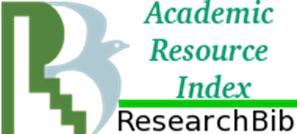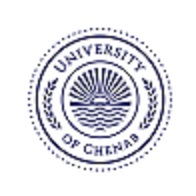Academics and Plagiarism: The Need for Writing Ethics
Keywords:
Plagiarism, Academics, Crime, Copyright, Infringement, Ethics, EffectsAbstract
The study adopted a descriptive research design to study plagiarism and copyright infringement in the academic environment. The population consisted of lecturers from two universities in the South-South geopolitical zone of Nigeria. Two hundred lecturers from two universities were selected to form the study sample — a hundred each from the University of Port Harcourt and the University of Nigeria Nsukka. A structured questionnaire was designed and distributed for data collection. Two hundred were distributed and 159 were returned, indicating a 79.5% return rate. Data were analyzed using frequency count, percentages, and mean and standard deviation. The findings show that academics' engagement in plagiarism is situational; those academics are aware of the effect and legal implications of plagiarism, and the means of curbing plagiarism among others include the establishment of punishment of plagiarism offenses and clear policy statements on plagiarism. Based on the findings, it is concluded that academics have full knowledge of plagiarism and its implications. Among others, it was recommended that university administrators should constantly review their policies on plagiarism to ensure stringent compliance by academics.
Downloads
Published
Issue
Section
License
Copyright (c) 2023 Authors

This work is licensed under a Creative Commons Attribution 4.0 International License.













